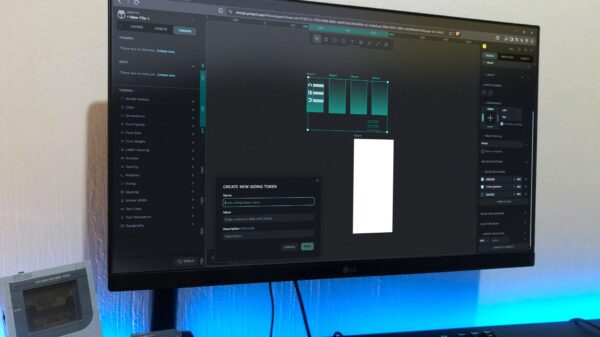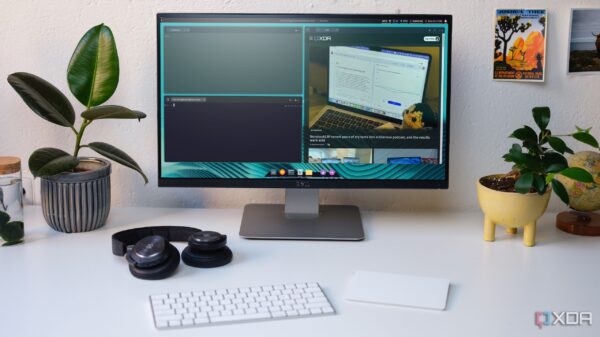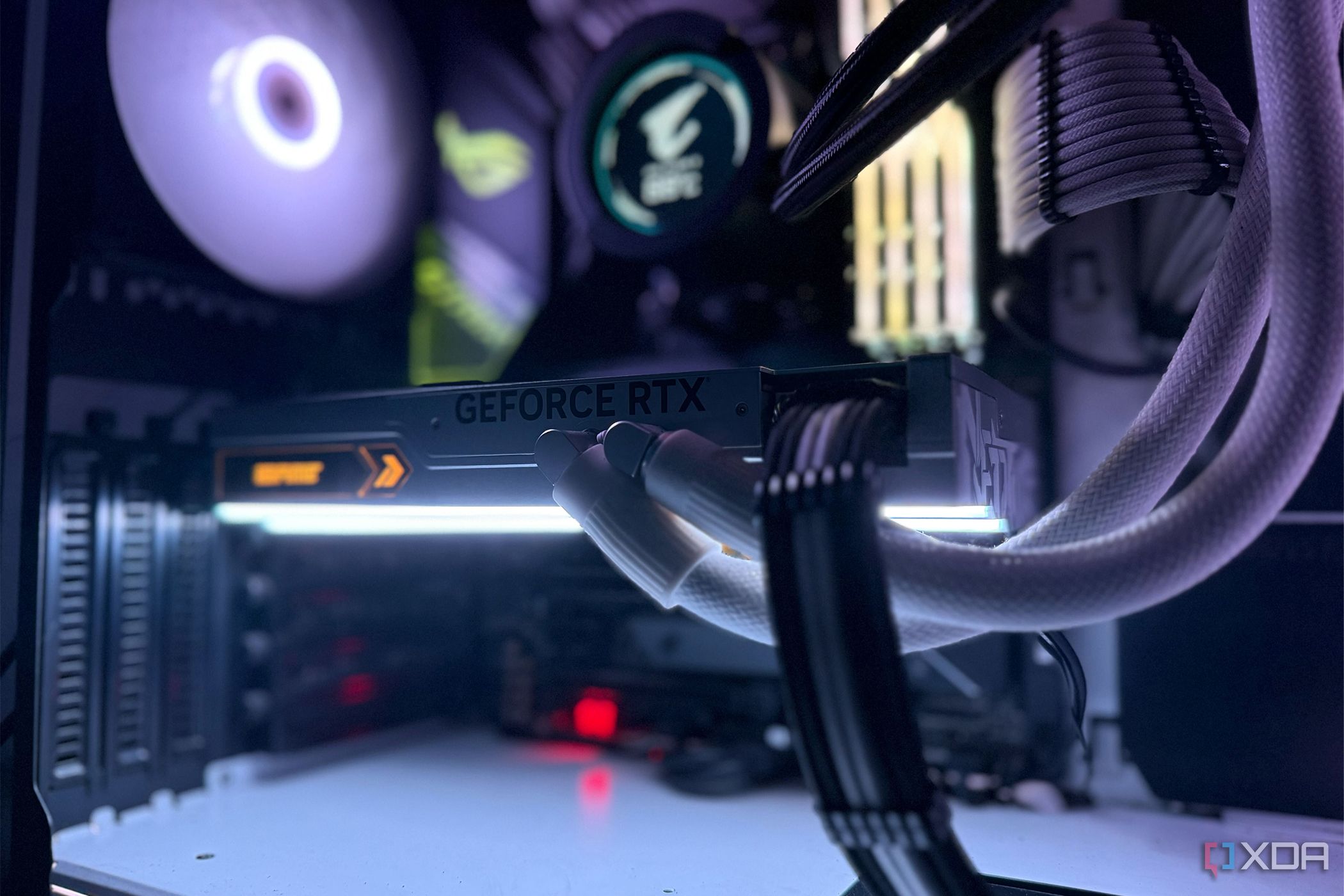UPDATE: Gamers are re-evaluating the practice of overclocking high-end graphics cards like the Nvidia RTX 4090 after a series of alarming reports highlight significant downsides. As enthusiasts push their GPUs to the limit, the consequences are proving more detrimental than beneficial, leading many to reconsider this common practice.
New findings reveal that while overclocking can yield minor performance boosts, it often comes at a steep cost. Users report experiencing increased temperatures, heightened fan noise, elevated power consumption, and unexpected stability issues. These drawbacks are prompting a wave of regret among gamers who initially sought improved performance.
One major concern is heat management. After tweaking settings with MSI Afterburner, many users have noted their GPUs reaching temperatures as high as 80C—a stark contrast to the cooler, more stable 75C at stock settings. With prolonged gaming sessions, the risk of thermal degradation looms large. As one gamer put it, “The last thing I want is to take my card apart and risk the warranty just to reapply thermal paste.”
Moreover, the noise levels associated with higher temperatures cannot be ignored. Users report that fan speeds ramp up significantly, creating a distracting environment during gameplay. One player remarked, “It’s impossible to enjoy a quiet moment in a single-player game when the fans are screaming.”
Power consumption is another critical factor. Overclocking can increase the GPU’s power draw from an already hefty 350-400 watts to upwards of 450W—or even 500W in some cases. This translates to a staggering 25% increase in power usage, with negligible performance gains of only 5-7% in most scenarios. Gamers are voicing their frustration, stating, “I felt like my card was wasting electricity for almost no real-world benefit.”
Stability issues have also plagued many users who overclock. Crashes during intense gaming sessions can ruin the experience, especially in demanding titles like Assassin’s Creed: Shadows. One gamer shared, “Nothing kills immersion faster than a crash while on an important mission.” After experiencing these random crashes, many have reverted back to stock settings, prioritizing stability over slight frame rate improvements.
Reflecting on these challenges, gamers are increasingly opting for undervolting instead of overclocking. By reducing voltage while maintaining performance, they report cooler, quieter, and more efficient GPUs with fewer downsides. One gamer concluded, “Lower temps help my GPU sustain boost clock speeds longer, making performance more consistent during long sessions.”
As the gaming community digests these revelations, the trend is clear: Overclocking high-end GPUs like the Nvidia RTX 4090 may not be worth the hassle. Gamers are urged to consider the long-term implications of their performance tweaks, as stability and efficiency increasingly take precedence over marginal gains.
Stay tuned for further updates as this developing story unfolds.








































































